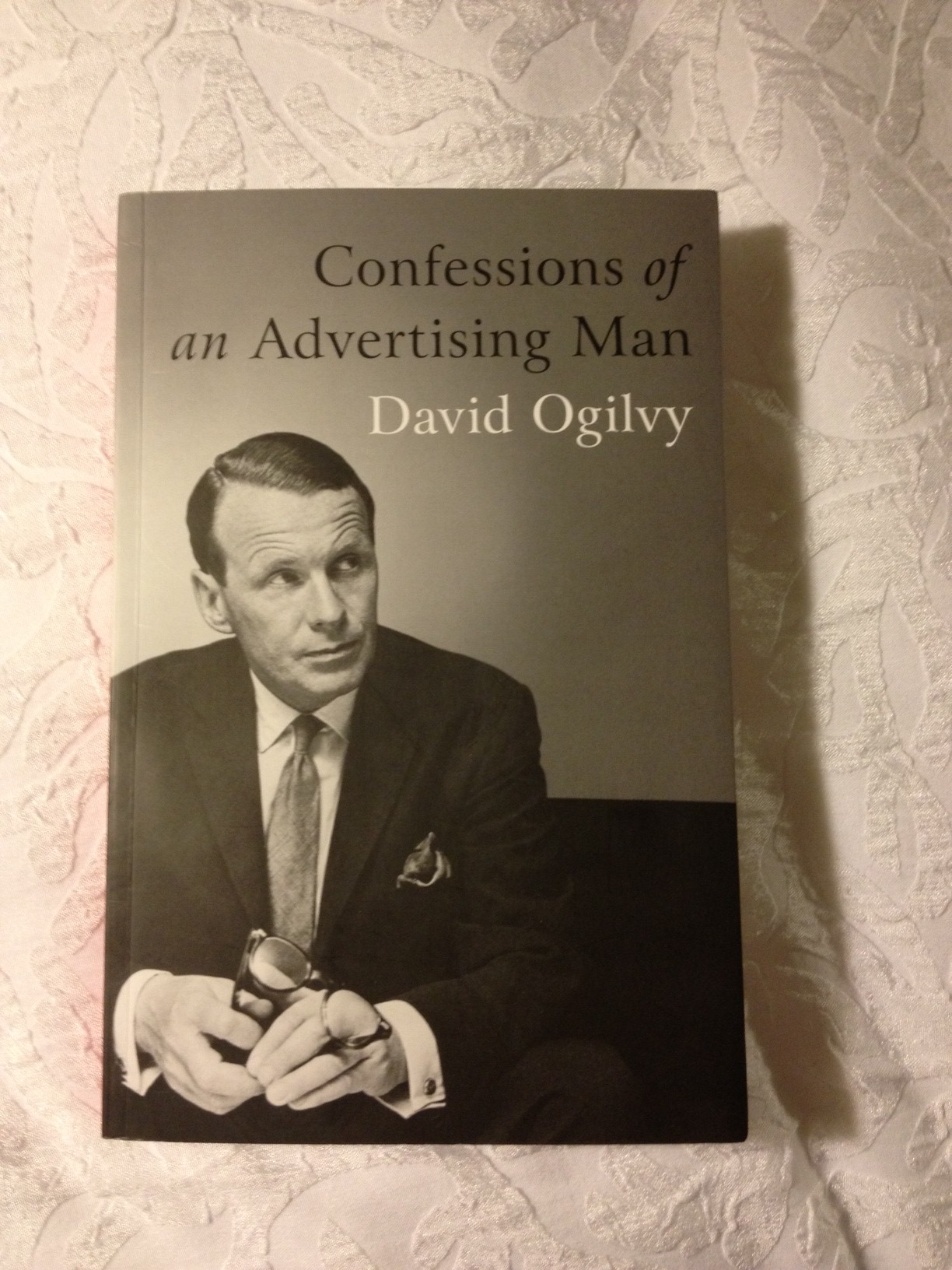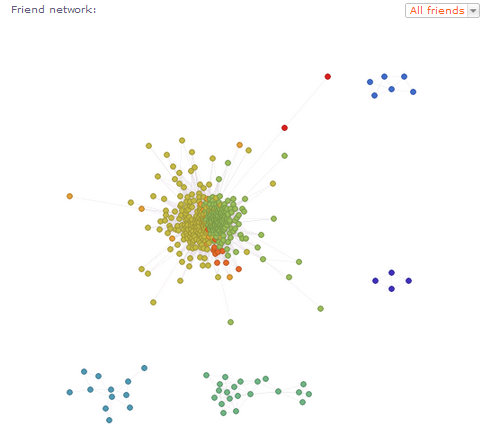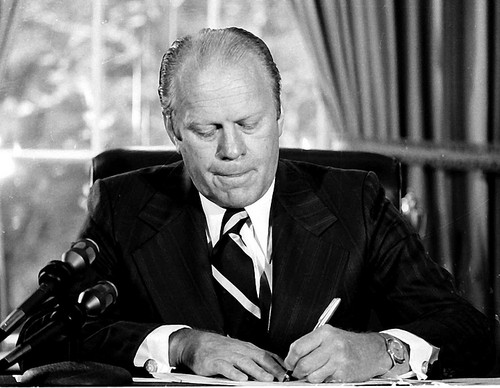Lessons from an Ad Man #2 - On Fear and Creativity
Over the holidays I finished off an old book that had been on my 'I really should read that' list for ages -Confessions of an Advertising Man by ad industry legend David Ogilvy. The 'Confessions', first issued in 1963, provide a little bit of a glimpse into the Mad Men world of advertising in the 50s and 60s.
Ogilvy's book is a little short on the dramatics and indulgence portrayed on Mad Men, but it is long on practical, insightful, and simple advice for running a business, managing people, serving customers, and more. Since I love to share such nuggets of solid business advice, and I need to create a few more blog 'series' to help keep this little blog updated, here is dispatch #2 in a semi-regular series called 'Lessons from an Ad Man.'
Here's Ogilvy on how at times, the often adversarial nature of the client/agency relationship impacts the ability of the 'creatives', i.e. the ad people, to produce great work:
Most agencies run scared most of the time. This is partly because many of the people who gravitate to the agency business are naturally insecure., and partly because many clients make it unmistakably plain that they are always on the lookout for a new agency. Frightened people are powerless to produce good advertising.
We can of course take this point with a grain of salt - Ogilvy is writing from the perspective of the ad agency owner that would very much prefer to have the security (and steady, predictable revenue), of long-term contracts and stable client relationships. But buried past that bias is certainly some truth - that making people that you rely upon to produce interesting, innovative, creative, and even unforgettable work nervous and afraid for their positions and their livelihoods is unlikely to be a successful long-term management strategy.
It certainly makes sense - you can probably recall times in your career where the element of fear, or of intimidation, shouting etc. could produce improved short-term results, particularly for singular, repetitive, and less complex tasks. But have you ever had success walking into a room and berating or threatening a group of artists, designers, writers, or other so-called 'creatives'? Shouting - 'We need five innovative ideas by tomorrow or you are all sacked!', seems a pretty dismal approach as Ogilvy suggests.
It leads to more 'safe' ideas, a climate of second-guessing, and an overall reluctance by people to stand up for they believe is right, and for them to stick with more of what will be accepted. And 'safe' might not be what propels your business into the future.
So that's Lesson #2 - 'Frightened people are powerless to produce great work.'
Have a great week everyone!

 Steve
Steve


